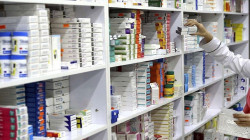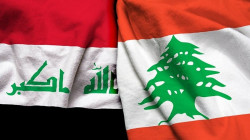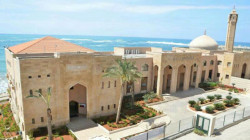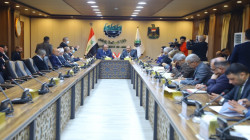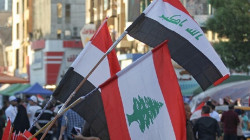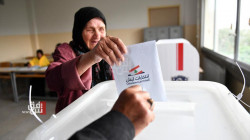Lebanon precedes Iraq toward collapse.. Similar reasons and solutions
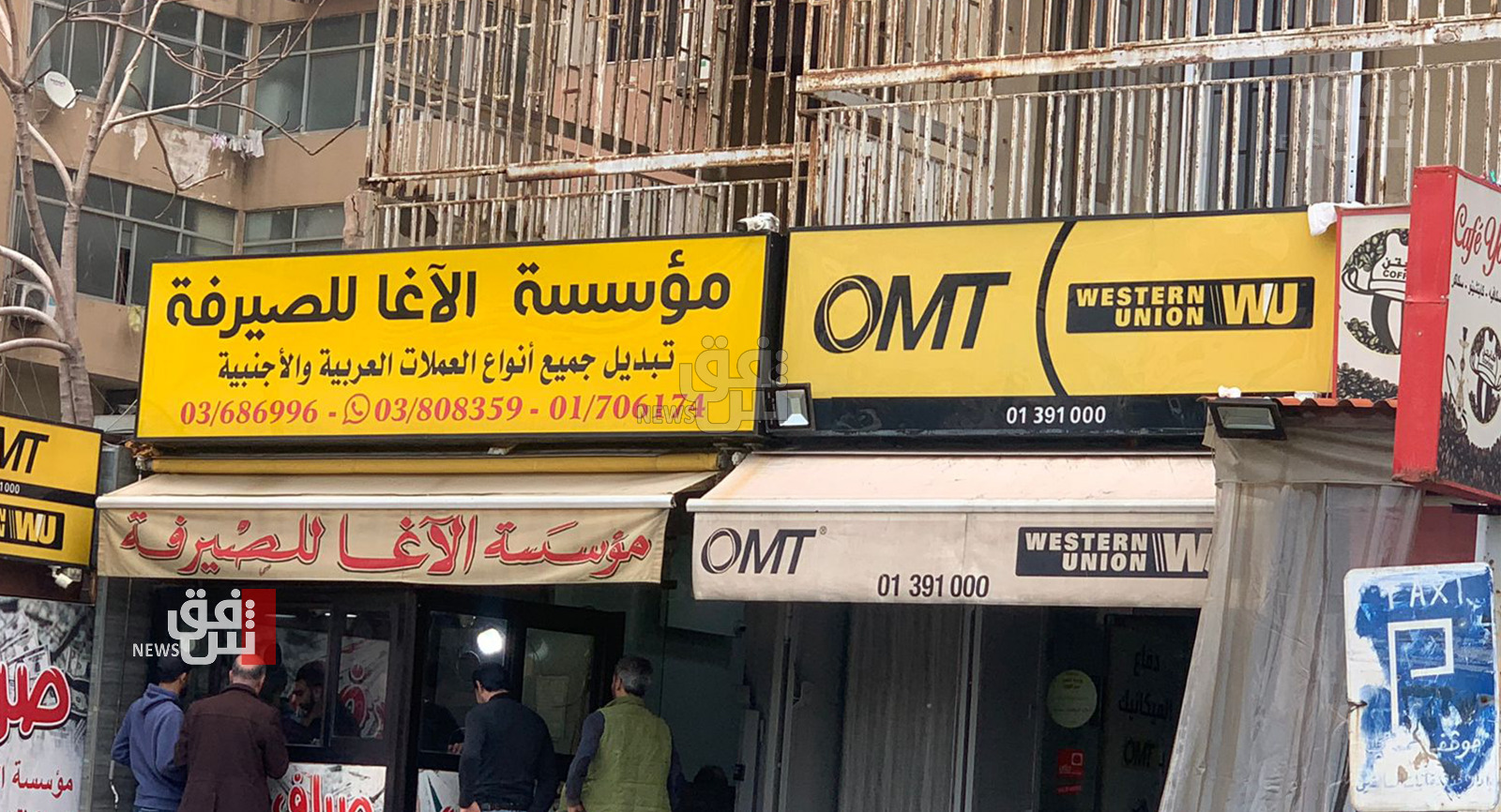
Shafaq News / The Lebanese economy has been grappling with a sustained decline in the value of the Lebanese pound (L.B.P.) due to political instability and a lack of monetary reforms. According to experts, the inability of political and monetary authorities to implement long-term solutions has resulted in a predictable outcome, with the parallel market assuming control over the fate of the L.B.P. Although the Central Bank of Lebanon has been unable to control the chaos of the parallel market, it is closely linked to Iraq's monetary policy with a slight time lag.
Shafaq News Agency surveyed various Lebanese figures' opinions on the reasons contributing to the currency's collapse. Some pointed out political and economic factors, while others noted the crisis had affected all sectors, including tourism.
Ibrahim Yahya, a currency exchange owner, stated that "economic sanctions imposed by the U.S. and Western countries on Lebanon and Hezbollah, in addition to the political crisis, all led to an economic crisis, the collapse of the L.B.P. and the rise in the dollar exchange rate, especially after the Beirut port explosion." Yahya added that the Lebanese people turned to trade in their local currency, leading to the L.B.P. falling, and the U.S. dollar rising. Currently, $100 is equivalent to 10 million and 600 L.B.P., and if the political crisis and lack of agreement with Western countries continue, the exchange rate of $100 will reach 15 million L.B.P. in the coming months.
Mahmoud al-Sayed, a university professor, noted that due to their political stance towards Western countries, Iraq, Lebanon, Syria, and Yemen are expected to preserve their national currencies and deal with the economic crisis and currency collapse. He emphasized that the daily dollar exchange rate affects price changes, with food and household needs now sold in dollars, doubling in price compared to the past. The Lebanese citizen has become helpless, waiting for Western countries' mercy to end economic sanctions and save the L.B.P. from the continuous collapse. The national electrical supply, which is currently only provided for 1-2 hours per day, was also impacted by the economic crisis. The cost of 20 liters of fuel rose to $20, leading to an increase in the price of private generators and doubling transportation costs.
Salary $30
Sarah al-Wadi'i, a teacher and shop owner, expressed her concerns about the soaring exchange rate of $100, which has exceeded 10 million L.B.P. "This is what caused food prices to rise, especially as we are approaching the month of Ramadan, and what we have of money is not enough for the middle of the month," she said.
Al-Wadi'i added that the ongoing teachers' strike has further worsened the situation, as a teacher's monthly income is less than three million pounds ($30), which is insufficient to cover a week's worth of expenditures.
The tourism industry in Lebanon has also been affected by the political and economic crisis, according to Nadia Mahmoud, a tour guide. She stated that since the outbreak of COVID-19, the number of Arab and foreign tourists has decreased by 75%, and tourists in Lebanon are mostly from Iraq. Before the port explosion and the pandemic, Beirut Airport used to receive more than 100 flights a day, but now the number of flights coming to Beirut has decreased by 70%, which has greatly impacted tourism in Lebanon.
Mahmoud further mentioned that they guide one or two tourist trips to the regions of northern or southern Lebanon a week, whereas the trips used to continue daily without stopping. The fares for tourism per person range from 10-15 dollars, depending on the trip and its location.
